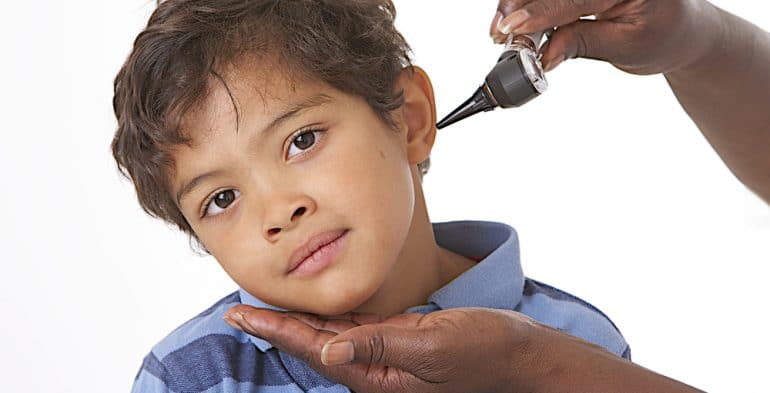
What is a Mumps in children?
Mumps is a contagious viral infection that used to be common in children before the introduction of vaccination
What are the symptoms of Mumps?
Mumps is most recognisable by the painful swellings at the side of the face under the ears (the parotid glands), giving a person with mumps a distinctive swollen face appearance. Other symptoms of mumps include:
- Headaches
- Joint pain
- High temperature
- Swelling of the parotid glands
How is Mumps spread?
Mumps is spread in the same way as colds and flu – through infected droplets of saliva that can be inhaled or picked up from surfaces and transferred into the mouth or nose.
A person is most contagious a few days before the symptoms develop and for a few days afterwards.
During this time, it’s important to prevent the infection spreading to others, particularly teenagers and young adults who haven’t been vaccinated.
If your child has this illness, you can help prevent it spreading by:
- Ensuring regular washing their hands with soap
- Encouraging the use and disposal of tissues when they sneeze
- Avoiding school or nursery for at least five days after their symptoms first develop
What is the treatment for my child’s Mumps?
There’s currently no cure for the infection, but the infection should pass within one or two weeks.
Treatment is used to relieve symptoms and includes:
- Getting plenty of bed rest and fluids
- Using painkillers, such as ibuprofen and paracetamol– aspirin shouldn’t be given to children under 16
- applying a warm or cool compress to the swollen glands to help relieve pain
What are complications of Mumps?
Mumps usually passes without causing serious damage to a person’s health. Serious complications are rare.
However, mumps can lead to viral meningitis if the virus moves into the outer layer of the brain. Other complications include swelling of the testicles in males or the ovaries in females (if the affected male or female has gone through puberty).
Once you’ve been infected by the virus, you normally develop a life-long immunity to further infection.







